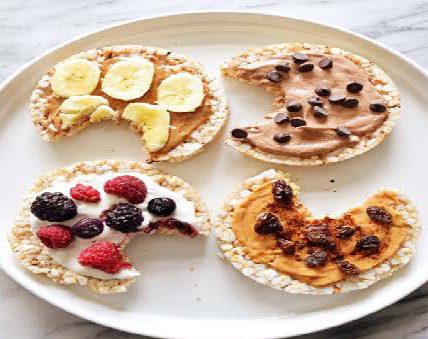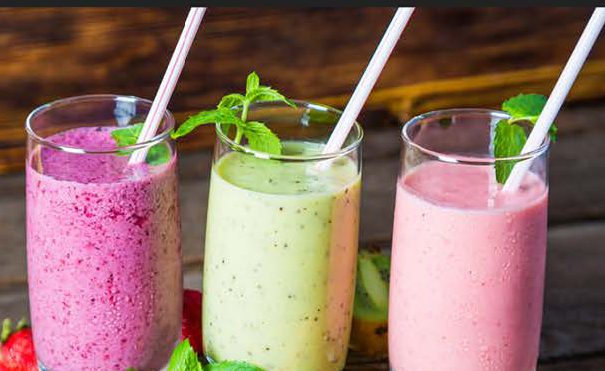By: Medi Woldemichael, Manning School of Business Well-being Leader
College life can be incredibly busy and stressful, leaving little time for exercise. However, regular exercise is crucial for both our physical and mental well-being, so it’s important to find ways to incorporate it into your busy schedule. Here are some tips to help you make time for exercise and staying healthy in college.
Make a Schedule
The first step to incorporating exercise into your college schedule is to make a plan. Look at your class schedule and other commitments and find times when you can fit in a workout. It could be early in the morning before class, during a break between classes, or in the evening after your classes are finished
Find a Workout Buddy
Working out with a friend can be motivating and help keep you accountable. Find a workout buddy with similar fitness goals and schedule and plan regular workouts together. It can be a great way to stay motivated and have fun while exercising
Use the Campus Rec Center
The Campus Recreation Center here at UMass Lowell is free for students. Take advantage of this resource and make use of the gym equipment and fitness classes offered. It can be convenient to fit in a workout between classes, or even during a study break.
Join an Intramural or Club Sports Team
The campus recreation center offers intramural sports leagues for students, which can be a fun way to exercise and socialize with friends. You don’t have to be a skilled athlete to participate, and there are often a variety of sports to choose from.
Make Use of Outdoor Spaces
If you’re not a fan of the gym, there are plenty of ways to exercise outdoors. Take a jog or bike ride around campus by using the free wheelers resource or explore nearby parks and trails. Doing so can be a great way to clear your mind and get some fresh air.
Keep It Simple
Exercise doesn’t have to be complicated or time-consuming to be effective. Incorporate simple exercises like push-ups, squats, or planks into your daily routine. These exercises can be done anywhere and require minimal equipment.
Exercise should be a priority in your college schedule for both physical and mental health. It’s important to find ways to incorporate exercise into your busy life, whether it’s through a gym membership, intramural sports, or simple exercises done at home or outside. Making time for exercise will help you feel better, perform better in your classes, and ultimately lead a healthier, happier life.
http://studentcaffe.com/thrive/health-and-wellness/getting-enough-exercise
https://healthyheels.org/2013/09/03/busy-college-students-you-




